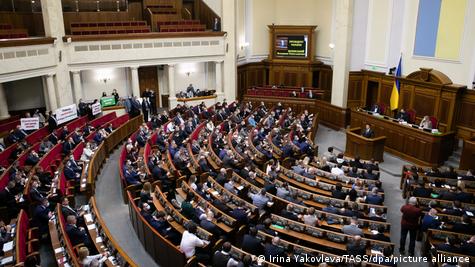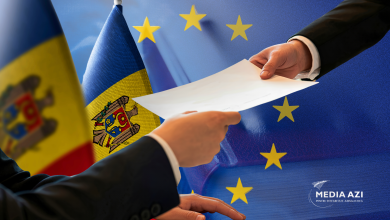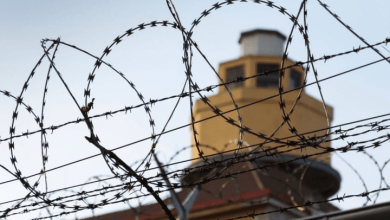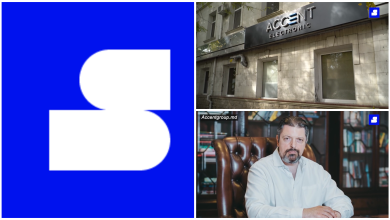Ukraine’s New Media Law Criticized for Being Able to Limit Freedom of the Press

On December 29, Volodymyr Zelenskyy, President of Ukraine, promulgated a new media law which causes controversy among Ukrainian journalists. According to Kyiv Post, the law reached the Verkhovna Rada in 2020 and was voted on December 13, 2022, after numerous disputes. The approval of this law is one of the provisions for Ukraine’s accession to the European Union, whereas the opposition and the National Union of Journalists regard it as a threat to freedom of the press.
According to DW.com, the new law may give the state a tool of substantial control over the media sphere. The National Television and Radio Broadcasting Council (NTRBC), the state institution in charge of issuing licenses and monitoring radio stations’ and satellite and cable TV channels’ compliance with their provisions, will gain control over the activity of almost all the media platforms in Ukraine, including the online ones, not regulated so far, and YouTube channels.
The NTRBC is composed of eight members. Four of them are appointed by the president, and the other four by the Parliament. If the parliamentary majority supports President Zelenskyy, this institution will be under the authorities’ absolute control, according to the experts in the relevant sphere. The NTRBC will be allowed to impose fines, revoke licenses, or temporarily block media publications, Kyiv Post explains. Eventual reasons include providing false or discriminatory information, promoting drugs, presenting aggression against Ukraine or the internal policies of the aggressor country in a positive way, demonstrating Nazi or communist symbols, or broadcasting banned Russian films, DW.com emphasizes.
Those who criticize the new media law challenge the expansion of the NTRBC’s powers. “If this institution is controlled by the president or the executive authority and can block websites at their discretion, we’re about to witness cases of political blocking. Other opinions will be blocked, which is very dangerous at the stage after our victory, when it happens, or when we elect a new parliament. We are really concerned about it, and therefore we’re sending an emergency signal now, because we don’t want the Internet in Ukraine to be the same as in Russia, China, or Turkmenistan, where almost everything is blocked,” Maxim Tuliev, a member of the management of the council of administration of the Internet Association of Ukraine, says, according to DW.com.
At the same time, the National Union of Journalists of Ukraine has been criticizing the deputies for non-transparent debates regarding the amendments to the legislation, which were held without the participation of the journalistic community. The Union demanded to withdraw the draft law from consideration until the end of the war, and revising the principles governing the media market already in peacetime. “Currently, the NTRBC is not an independent regulatory authority but a body of power. There are no quotas for journalists, media industry representatives, or consumers among its members,” the Union representatives remark in a statement issued previously.
On the other hand, in a conversation with DW, Nikita Poturaev, one of the co-authors of the new law, rejects the accusations of backroom discussions regarding the bill and, in his turn, criticized his colleagues from the opposition. He considers that the changes suggested by them could have resulted in numerous inconsistencies. Besides, the EU Delegation to Ukraine expressed its support for the entry of this law into force: “The draft law should ensure a competitive media market with the rules for everyone, an independent regulator, and comply with the EU audiovisual directive,” the EU Delegation mentions on Twitter, as quoted by Kyiv Post.



